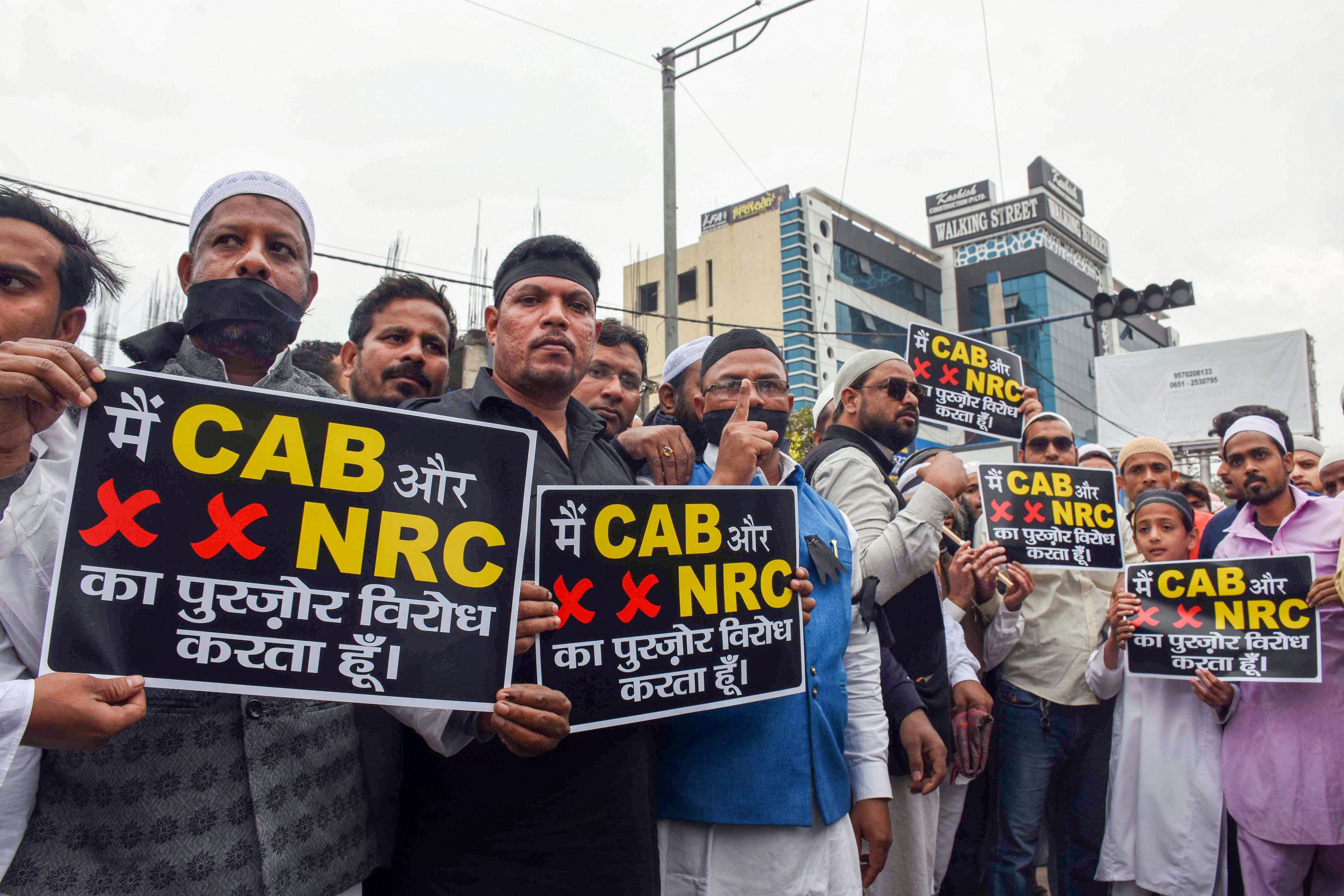
Govt rebuffs states who said it won’t implement citizenship law
State governments are not empowered to halt the implementation of a law that comes under the centre’s mandate, sources in the Union Home Ministry claimed on Friday, amid a rising chorus of opposition to the amended Citizenship Act.

State governments are not empowered to halt the implementation of a law that comes under the centre’s mandate, sources in the Union Home Ministry claimed on Friday (December 13), amid a rising chorus of opposition to the amended Citizenship Act.
“The Citizenship (Amendment) Bill, 2019, comes under the Union list by 7th schedule of the Constitution. Such amendment is applicable to all states,” a top ministry official said, adding that the granting of citizenship is a central prerogative.
Also read | Shah cancels visit to Meghalaya, Arunachal amidst CAB protests
Several opposition-led states – including West Bengal, Kerala, Madhya Pradesh, Chhattisgarh and Punjab – have said that they will not allow the implementation of the amended Citizenship Act in their territories. They have termed the law – which provides for expediting citizenship for migrants from three neighbouring countries so long as they are not Muslims – as “discriminatory” and “unconstitutional.”
The bill became a law late on Thursday night, after it received President Ram Nath Kovind’s assent, amid violent protests in the Northeast. Two people were killed in police firing in Assam’s Guwahati earlier that day.
West Bengal Chief Minister Mamata Banerjee – one of the most vocal critics of the law – has warned that she will not allow its implementation in her state “under any circumstances”, and announced a series of rallies against it. “We will not allow the Citizenship Act in Bengal even though it has been passed in the parliament,” she said, accusing the centre of trying to force an “unconstitutional” law on non-BJP states.
Also read | Citizenship law is just a gimmick, BJP only wants to distract
Kerala Chief Minister Pinarayi Vijayan claimed that his state has no place for an “unconstitutional law” that discriminates against people from a certain community. “The Constitution of India guarantees the right to citizenship for all Indians, irrespective of their religion, caste, language, culture gender or profession. This very right is being made void by this law. A move to decide citizenship on the basis of religion amounts to rejecting the Constitution,” he said.
Punjab Chief Minister Amarinder Singh said he will block attempts to implement the law through his party’s majority in the state assembly. “This law is of a very divisive nature. Any legislation that seeks to divide the people of the country on religious lines is illegal and unethical,” Singh said.
Also read | Deconstruction of India through Citizenship (Amendment) Bill

